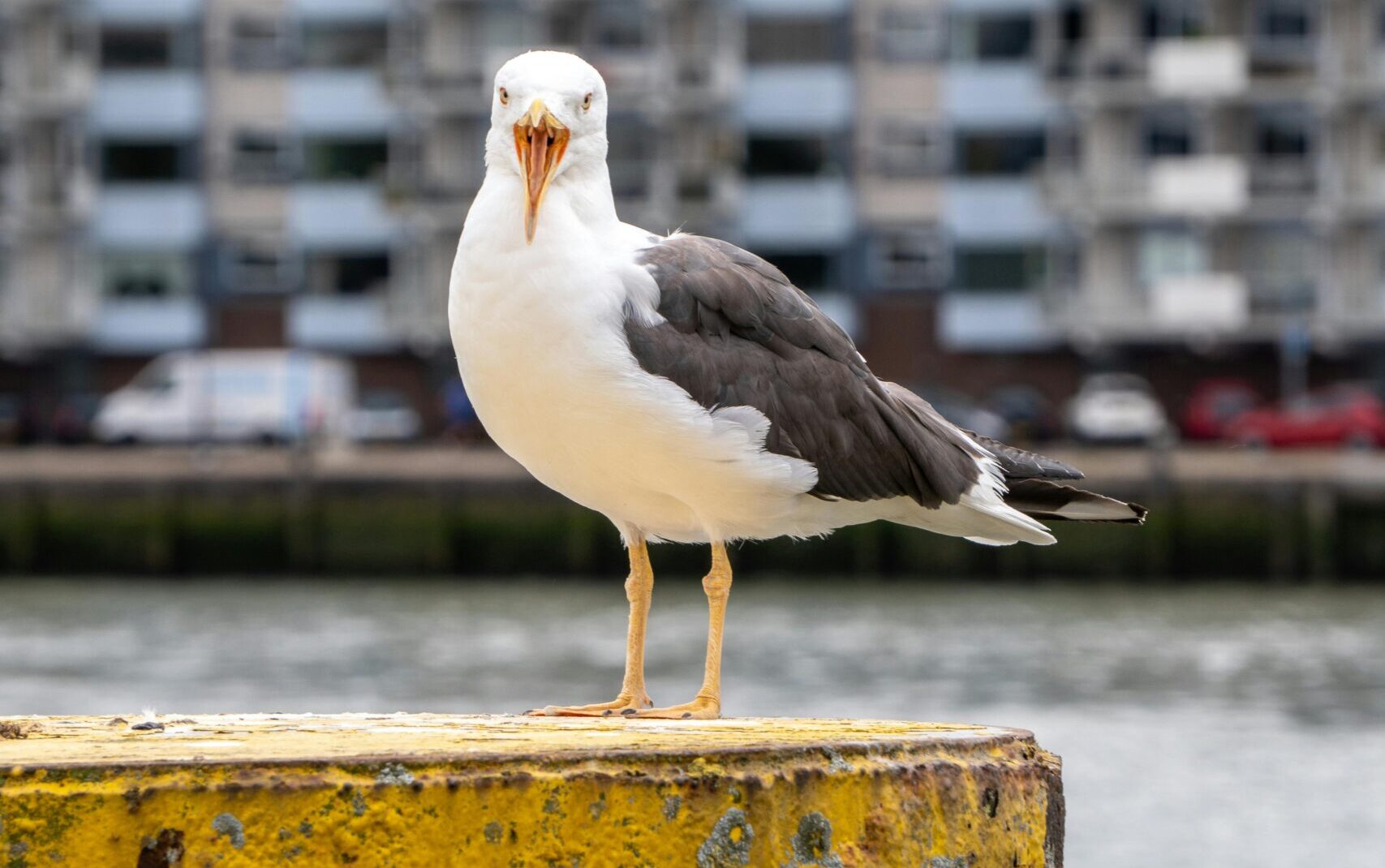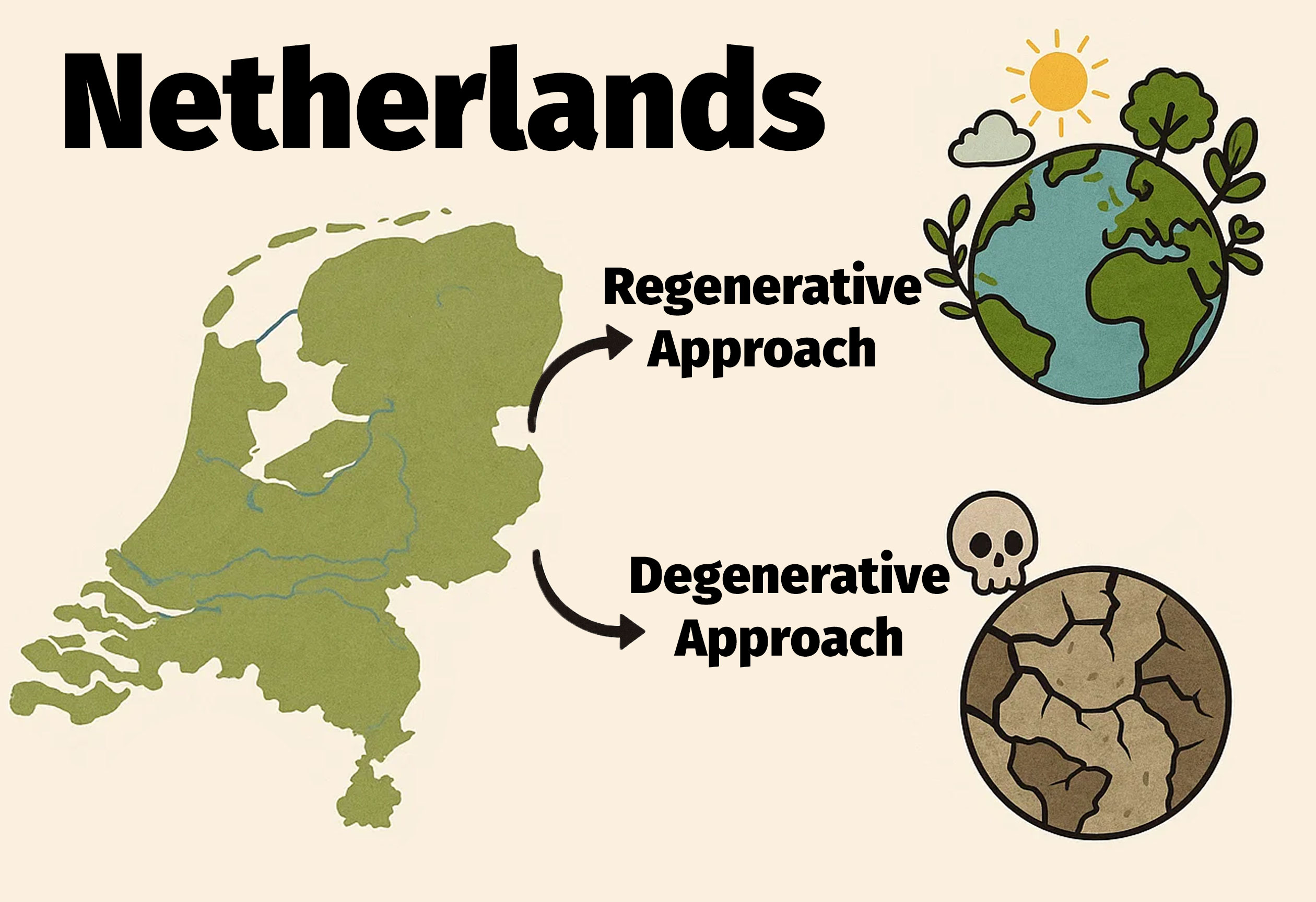Ports are the lifeblood of global trade, but they also exert complex pressures on Earth’s critical systems. As the Port of Rotterdam charts its future, we must ask: How can it evolve to operate within the Earth’s environmental limits, while ensuring justice and resilience for all?
The planetary boundaries framework, developed by the Stockholm Resilience Centre, outlines nine Earth system processes that regulate the stability and resilience of our planet. These include climate change, biosphere integrity, ocean acidification, land-system change, and others. Staying within these limits is vital to prevent large-scale, irreversible environmental change.
How Ports Interact with Planetary Boundaries
Maritime ports are not isolated from these global challenges. In fact, they are powerful actors effecting each of the planetary boundaries, including:
- Climate Change & Ocean Acidification: Port operations and maritime shipping emit significant amounts of CO₂ and other greenhouse gases, contributing directly to global warming and ocean acidification.
- Biosphere Integrity: Dredging, construction, and ballast water introduce invasive species and destroy coastal habitats, degrading biodiversity.
- Land-System Change: Port expansions often replace wetlands, estuaries, and other vital ecosystems with hard infrastructure.
- Freshwater Use: Maintenance and industrial processes require large volumes of freshwater, often in regions where availability is under stress.
- Biogeochemical Flows (Nitrogen and Phosphorus): Ports release nutrient-rich wastewater that contributes to eutrophication in surrounding waters.
- Atmospheric Aerosol Loading: Ship and truck traffic emit fine particulate matter (PM) and ultrafine particles (UFP), harming air quality and public health.
- Ozone Depletion: Though declining, some older refrigerants and chemicals used in cargo handling still impact the ozone layer.
- Introduction of Novel Entities: Ports are hotspots for pollution by plastics, heavy metals, and synthetic chemicals that accumulate in the environment and food chain.
What Would a One Planet Port Look Like?
A One Planet Port is a maritime hub that operates within the Earth’s environmental boundaries, while centering justice, equity, and community well-being. This vision means:
- Ongoing monitoring of direct and indirect pollution streams, that are facilitated by the port, along the supply chain.
- Reducing emissions in line with 1.5°C climate goals.
- Restoring and protecting biodiversity along port coastlines.
- Shifting toward circular economy logistics and zero-waste systems.
- Designing infrastructure that respects ecological thresholds.
- Ensuring all transitions are fair and inclusive, especially for port workers and local communities.
In the late 2025, One Planet Port will release a landmark vision report linking each planetary boundary directly to activities within the Port of Rotterdam, along with concrete recommendations for sustainable regenerative transformation. This will be accompanied by a workshop exploring narratives of what a One Planet Port looks like in practice, co-developed with stakeholders from across the maritime sector.
Toward a Safe and Just Maritime Future
The planetary boundaries framework challenges us to move beyond isolated sustainability measures. It calls for systemic transformation rooted in science, justice, and long-term thinking. The Port of Rotterdam, as Europe’s largest port, can lead the way by aligning its operations with the planet’s safe operating space.
Together, we can imagine, and build, a maritime future that works within the planet’s limits for the next 100 years.

